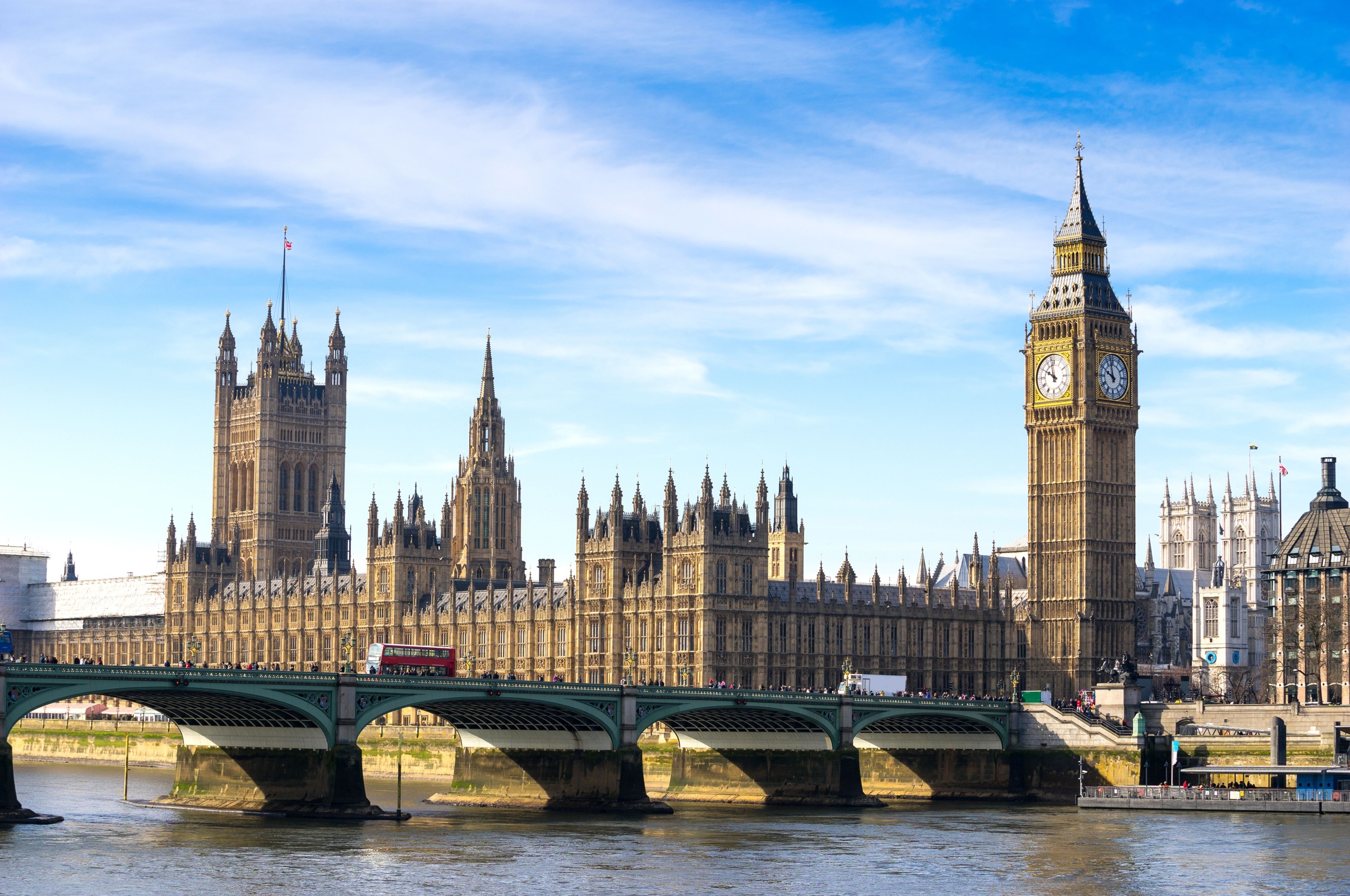With longer and warmer days finally here, spring brings a welcome shift in mood and is the season of fresh starts and new beginnings.
While many people use Easter as a chance to spring clean their homes, it is also the perfect time to shake off any financial cobwebs and give your finances a fresh once-over, especially as it marks the beginning of the new tax year.
So, from checking your savings goals to reviewing your pension, here are four simple ways to give your finances a spring clean this Easter.
1. Assess your budget
When giving your finances a spring clean, assessing and updating your budget is a good place to begin. Over the past year, your income may have changed, or your expenses may have gone up due to inflation or lifestyle changes.
Start by looking at your monthly take-home pay and fixed expenses. Fixed expenses include outgoings such as mortgage payments, energy bills, and council tax. These are typically non-negotiable, though it’s still worth shopping around for a better energy or broadband deal now and then.
You can then subtract your fixed expenses from your take-home pay to get a clearer idea of how much disposable income you have each month.
Next, look at your variable spending habits. These include groceries, takeaways, entertainment, travel, and subscriptions. Look for spending patterns that you could adjust. For example, you may see that you’re eating out more than you realised, or that automatic renewals for services you don’t use are leaving your account each month.
If you think your budget could be improved to better serve your goals, cancel or tweak anything that could be easily changed. Then you can set realistic spending limits to help ensure you stay on target and redirect the extra cash towards your savings or other long-term goals.
2. Check on your savings
With the new tax year underway, now is a great time to top up your ISAs to ensure you maximise the tax-efficient interest or returns on your savings. Whether you opt for a Cash ISA or a Stocks and Shares ISA, using your allowance early in the year could help boost your returns and give your savings a head start.
For the 2025/26 tax year, the ISA allowance is still £20,000.
If you have money in a standard savings account (perhaps as an emergency fund), you might also want to explore alternative options to ensure you get the best possible returns.
If you’re using fixed-rate accounts, make a note of when those terms end so you can reassess before they refresh. Even if you’re not actively spending your savings, a small increase in interest can add up over time.
It’s important to remember that cash savings can be useful for an emergency fund or paying for your shorter-term goals, but there may be ways you could invest that money to give it a better chance of growing over time and outpacing inflation. This might include investing in the stock market or contributing more to your pension.
3. Manage your debts
If you’ve found some places to save in your budget, it could be a good idea to use some of the extra cash to cover any outstanding debts. Whether you have credit cards, a finance deal, or a personal loan, paying down what you owe can free up future funds and reduce stress.
Focus on debts with higher interest rates first, as this will save you money in the long run. If you’re juggling several repayments, consider whether debt consolidation could make things simpler and more affordable.
Just remember, this approach isn’t suitable for everyone and could involve extra fees. If you’re unsure, speak to a financial planner about your best options.
4. Revisit your pension
Once you’ve reviewed your budget, savings, and debt, it’s worth turning your attention to your pension and checking in to see if you’re on track to reach your goals.
Additional pension contributions can make a significant difference over time, especially with the added benefit of tax relief.
All pension contributions usually receive basic-rate tax relief of 20% automatically, and if you’re in the higher or additional bands, you can claim the extra 20% or 25% relief via self-assessment.
So, if you have any spare cash, perhaps from budget adjustments or from having reached your savings targets, pension contributions can make a significant difference to your future retirement income.
Even if you’re not increasing your contributions, it’s still a good idea to review your pension pots.
For instance, if you’ve worked multiple jobs over the years, you might have pots scattered across different providers. Consolidating them could help you keep track of your retirement savings and cut down on fees.
However, some older schemes come with valuable benefits you could lose by transferring. So, it’s a good idea to speak to a financial planner to see what’s best for your circumstances.
Get in touch
Our team of independent financial advisers in Lewes is here to support you in decluttering and spring cleaning your finances.
To find out more, please get in touch by emailing us at financial@barwells-wealth.co.uk or by phone on 01273 086 311.
Please note
This article is for general information only and does not constitute advice. The information is aimed at retail clients only.
All information is correct at the time of writing and is subject to change in the future.
Please do not act based on anything you might read in this article. All contents are based on our understanding of HMRC legislation, which is subject to change.
A pension is a long-term investment not normally accessible until 55 (57 from April 2028). The fund value may fluctuate and can go down, which would have an impact on the level of pension benefits available. Past performance is not a reliable indicator of future performance.
The value of your investments (and any income from them) can go down as well as up and you may not get back the full amount you invested. Past performance is not a reliable indicator of future performance.







 Production
Production